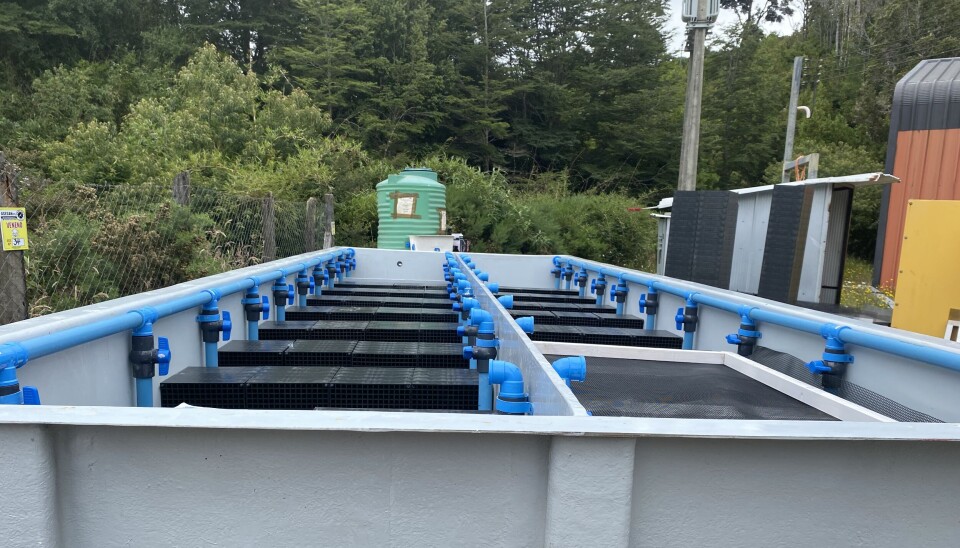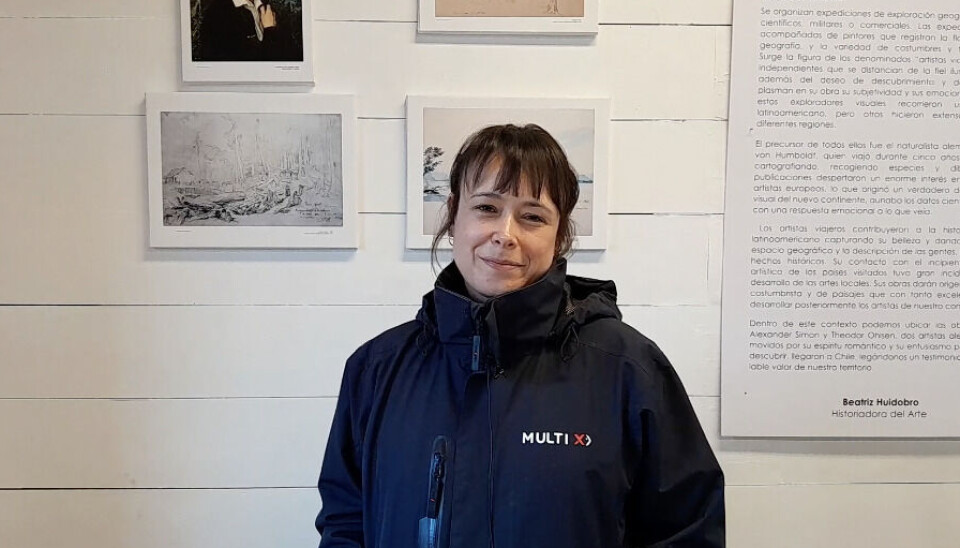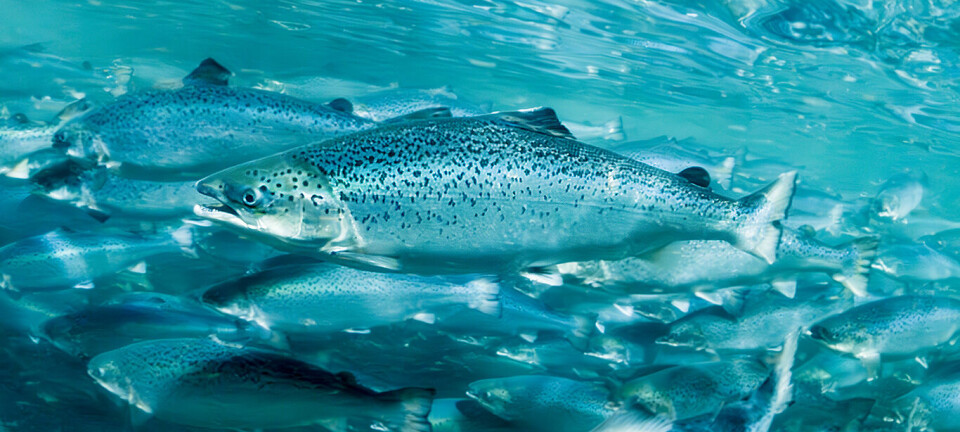
Technology for effluent treatment: "practically no sludge generated"
The pilot experience of the IP technology in Multi X's Molco aquaculture showed good results, with simple implementation and operation, without requiring the addition of chemicals or generating odors.
In April, the promoters of the project "Reduction of aquaculture sludge through scaling of new technology based on RILes purification" announced the results after completing field tests and the TRL5 technological development stage.
The Japanese technology Intelligence Passage (IP) was tested for the treatment of RILes in the effluents of the Molco fish farm, owned by Multi X, and in the Río Cude fish farm, owned by Salmones de Chile.
The field results of the project led by Joel Barraza, academic from the Department of Aquaculture at the Faculty of Marine Sciences of the Northern Catholic University (UCN), showed that the technology eliminates more than 85% of the organic matter, does not generate odors, and is easy to implement.

Despite being a pilot-stage technology that requires further development to be applicable in aquaculture in the future, Magdalena Brain, Deputy Manager of Environment and Concessions at Multi X, comments to Salmonexpert that it is an interesting innovation and carries quite a few advantages from which to learn.
"This pilot project pleasantly surprised us as it showed good results and aligns with our goal of continuously exploring more efficient and sustainable alternatives for our processes. This is a technology with great potential that has been used for treatments in domestic waters and other sectors in Japan. Regarding its scalability in fish farming, at least for our company, it requires further development", commented the executive.
In the case of Molco fish farming, the IP system was implemented for the treatment of only a portion of the effluents as a test. However, in the section that was treated, Brain specifies that the system yielded very good results in terms of water quality.
"The pilot showed quite interesting advantages such as: simple implementation and operation, does not require the addition of chemicals, does not generate odors, and practically does not produce sludge", details the Deputy Manager of Environment and Concessions at Multi X.
Finally, regarding the collaboration with UCN, Magdalena highlights that collaborating both with academia and the state is key for the future of the industry.
"At Multi X, we are always exploring new alternatives to address industry needs or processes, making them more efficient and sustainable. Working with public and academic actors on these challenges is something we are interested in deepening, and that is precisely what we wanted to do by opening our facilities. At Multi X, we want to build long-term relationships with the state and academia, both critical partners in our activity", states the professional from the salmon farming company.





















